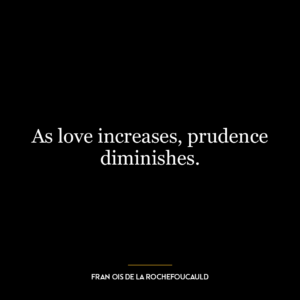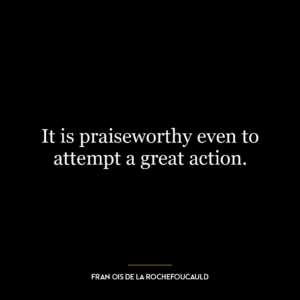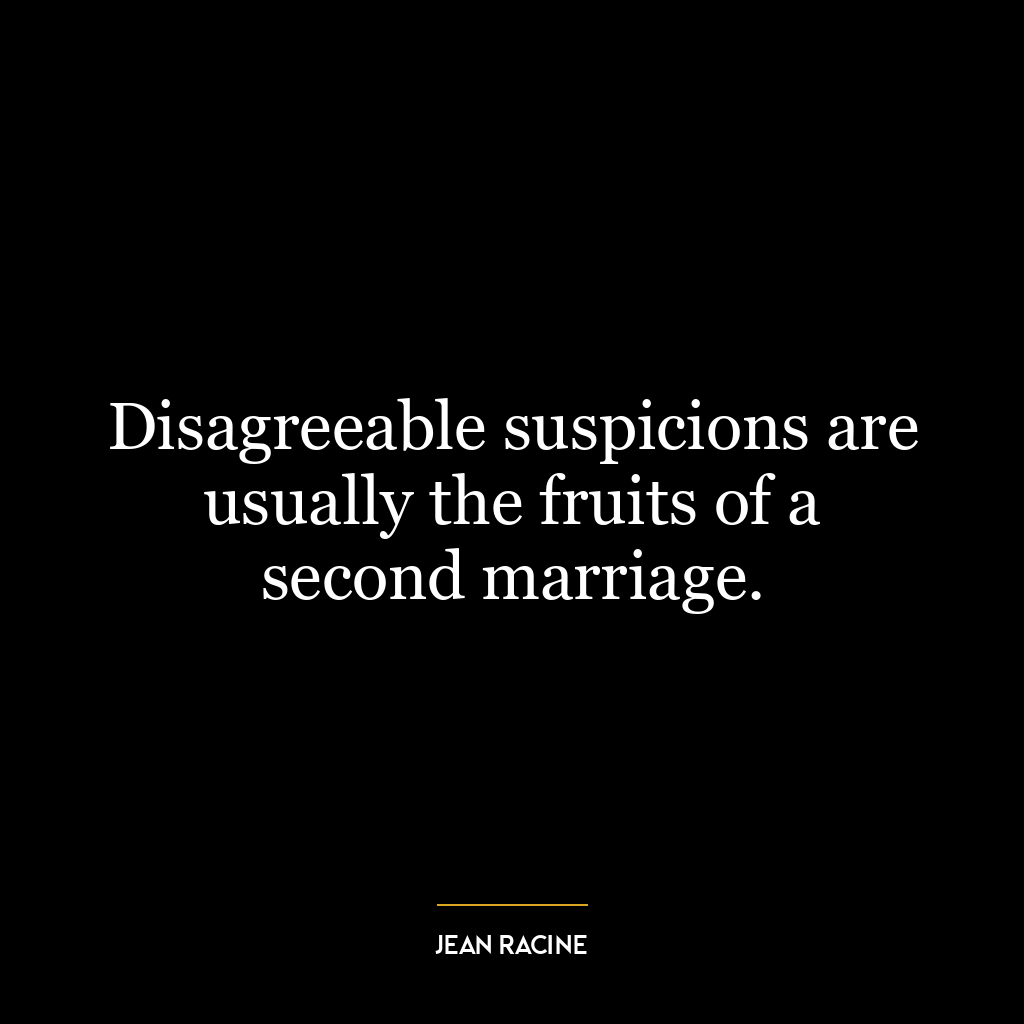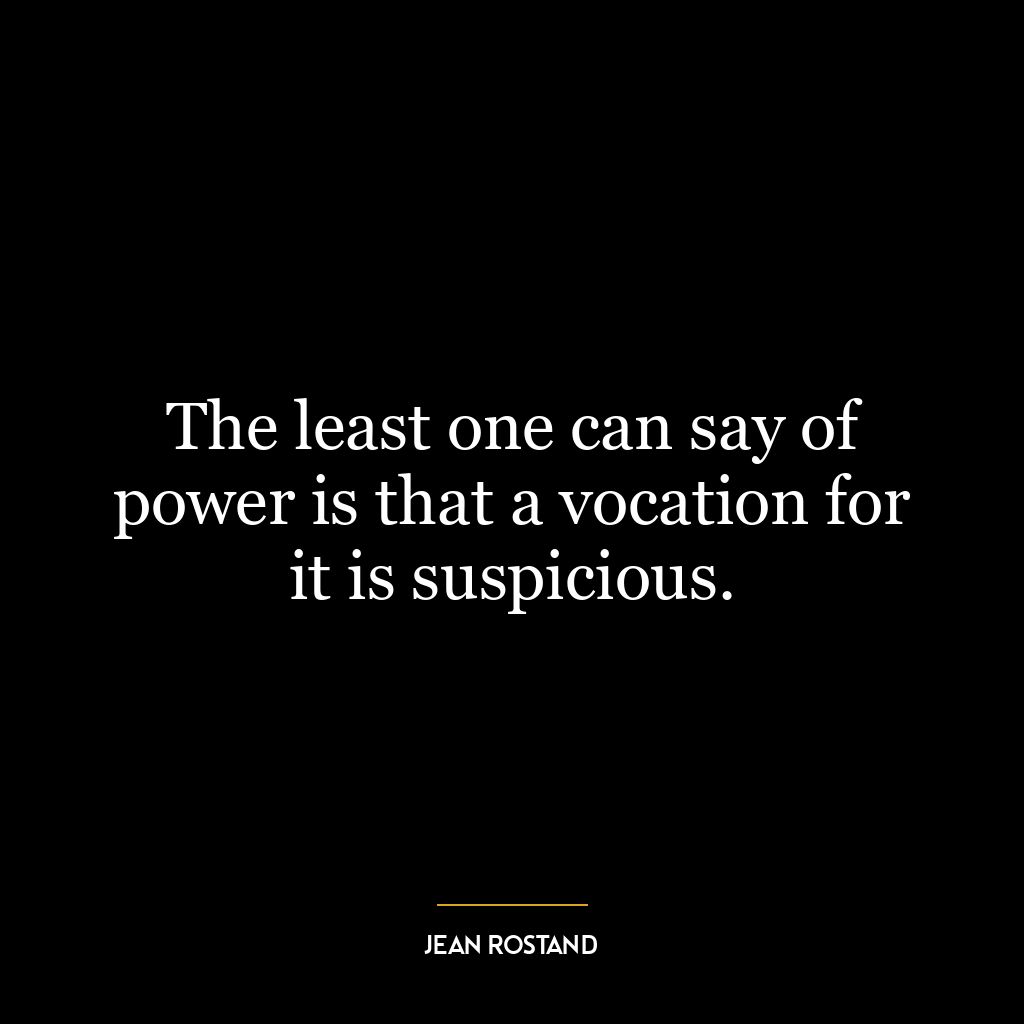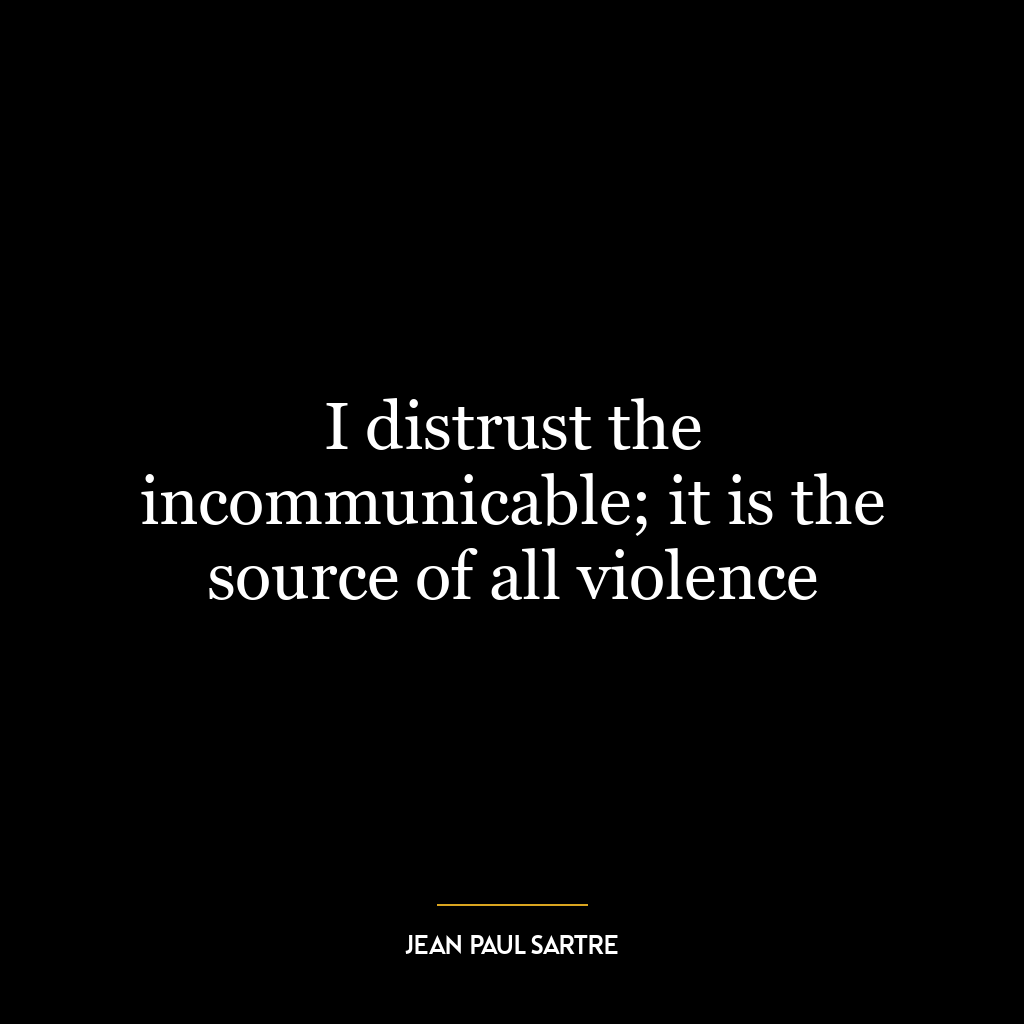This quote suggests that our own insecurities and lack of self-trust can create opportunities for others to deceive us. When we doubt ourselves, we may project that doubt onto others, making it easier for them to take advantage of our uncertainty. Essentially, our own distrust in ourselves can inadvertently set the stage for others to act dishonestly towards us.
The quote is a reminder that self-trust is not just about our relationship with ourselves, but also about how we navigate our relationships with others. If we are secure in ourselves, we are less likely to be manipulated or deceived by others.
Applying this idea to our contemporary world, we can see its relevance in various contexts, such as politics, social media, and interpersonal relationships. For instance, in the political sphere, citizens who distrust their own ability to understand complex issues might rely heavily on politicians to interpret these issues for them. This can create opportunities for political leaders to manipulate public opinion for their own benefit.
In the realm of social media, users who lack confidence in their own judgment might be more susceptible to fake news or misinformation. They may also be more likely to compare themselves to others, leading to feelings of inadequacy and self-doubt.
In terms of personal development, this quote emphasizes the importance of self-trust in maintaining healthy relationships and making sound decisions. By cultivating self-trust, we can become more resilient, assertive, and less likely to be swayed by the dishonesty of others. This involves recognizing our own worth, trusting our instincts, and being confident in our ability to handle challenges.




